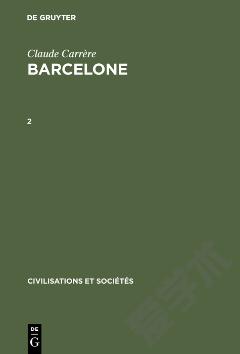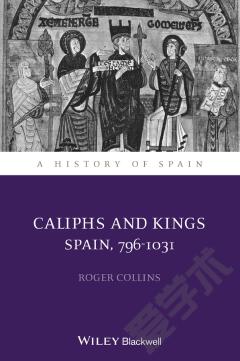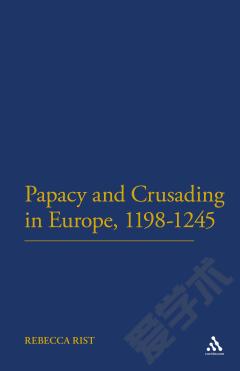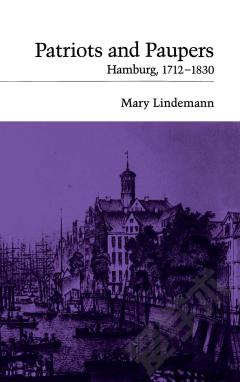Barcelona and its Rulers, 1096–1291
This volume examines the early growth of Barcelona and the formation of its ruling classes. The city did not at first grow because of overseas trade but because of market-oriented agriculture and tribute from Islamic Spain. Only after a difficult adjustment did the city develop the commercial foundations which would later ensure its prosperity. Barcelona's patriciate rose to prominence during the second stage of growth, its rise forming part of a profound restructuring of territorial power in response to the 'feudal crisis' that challenged traditional authority throughout Catalonia. Patrician families did not model themselves after noble patrilineages, but forged marital alliances in which the wife's dowry played a fundamental role. In this new book the family structure of the patriciate receives close examination and many traditional assumptions about the nature of Mediterranean towns are challenged.
{{comment.content}}








 京公网安备 11010802027623号
京公网安备 11010802027623号